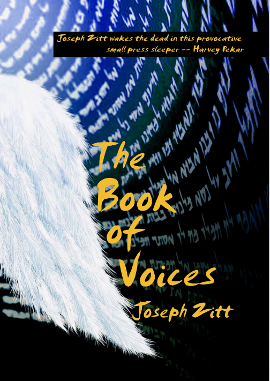When in school, I had been taught that Jeroboam was a dark figure, responsible for tearing the kingdom in two. Rereading the text, however, I see Jeroboam as more heroic. Except, of course, for the religious issues, he looks very much like Moses: a representative of oppressed workers who, after living in Eqypt, confronted an evil king and went on to become the nation’s leader.
There is even a curious parallel in the actions of Jeroboam and of Moses’s brother Aaron, each of whom constructed golden calves at sacred sites. James Kugel suggests that the story of Aaron and his golden calf was written only after Jeroboam’s establishment of his, and that the author pasted a quote from Jeroboam into a statement of Aaron’s.
Even Solomon himself had built shrines to other gods. The Bible sees this as a key to his kingdom’s downfall (though not until after his death). It seems that the worship of only a single god was not quite as absolute in those days as it was later portrayed.
This text is a speech that he might have made upon his coronation. It is influenced by the speeches of world leaders of the past, It also owes a nod to Richard Hatch’s portrayal of rebel leader Tom Zarek on Battlestar Galactica.
Questions
Have you ever felt called to speak out against authority and take action for what you saw as right? Did you act upon it? If so, what effect did it have? Did you regret having done so? If you did not speak out, do you now wish that you had?
Looking back, what do you wish that you had done differently?


Recent Comments